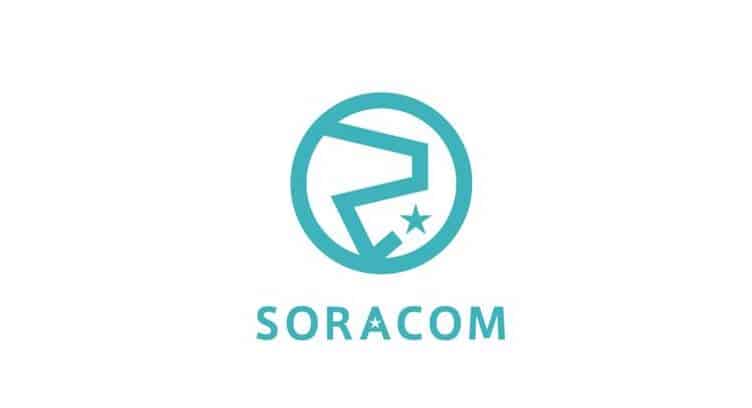Soracom, a global provider of smart connectivity for the IoT announced general availability of the SORACOM Napter service for remote access to IoT devices.
Unlike most existing solutions, SORACOM Napter allows secure remote device without any need for additional device configuration, agent installation, or preparation of a server environment. Developers can initiate remote sessions on demand using the Soracom user console, API or CLI and communicate with devices using common remote access protocols such as SSH, RDP, VNC, or HTTP/HTTPS.
Typically, accessing IoT devices without compromising security requires establishment of a server environment and activation of private networking and bidirectional LAN services like SORACOM Canal and SORACOM Gate. While it is also possible to access devices by providing them with a fixed public IP address, this approach exposes IoT devices and networks to remote attacks.
Napter solves both of these problems by providing secure device access as needed, when needed, without creating a fixed IP address or establishing a full-time server environment.
Kenta Yasukawa, CTO and Co-founder, Soracom
That's why we focus on keeping IoT traffic off the public Internet entirely, with virtual peering, private subnets, and even hardwire connection where needed. SORACOM Napster offers many of the same benefits to smaller deployments and earlier stages of development.




















